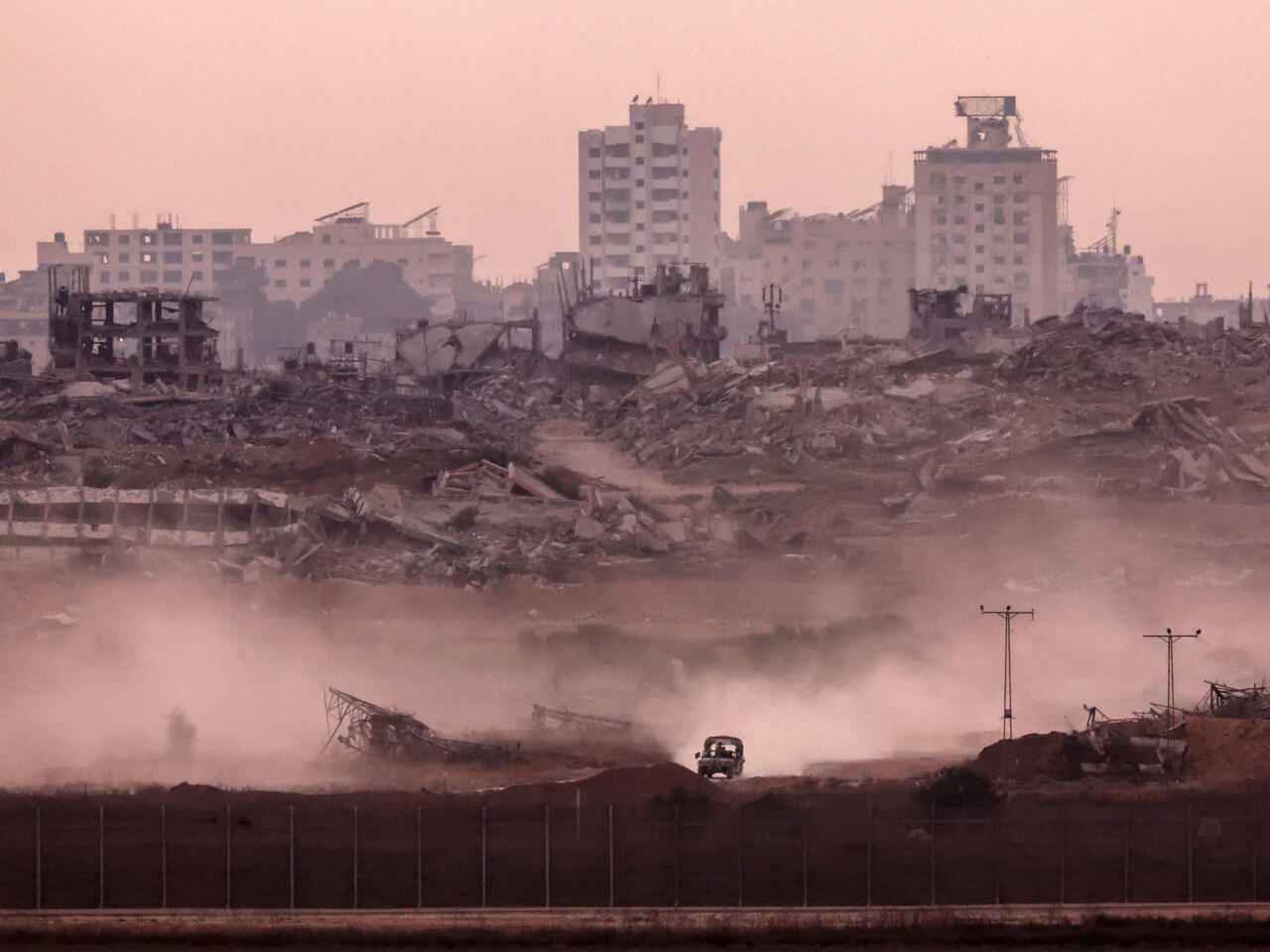By maleeha zahid
A UN rights expert, Francesca Albanese, has accused several global companies of benefiting from Israel’s occupation and alleged genocide of Palestinians. In a report presented on Thursday, she claimed these firms have helped fuel human rights violations through their operations in occupied Palestinian territories.
Albanese, the UN Special Rapporteur for the Palestinian territories, said these companies were part of a broader system that supports the “Israeli settler-colonial project.” She urged businesses to immediately stop activities contributing to what she called illegal occupation, apartheid, and genocide. Her comments drew strong criticism from Israel and several corporations.
Israel’s mission in Geneva condemned the report, calling it “defamatory” and a “flagrant abuse of office.” Swiss commodity giant Glencore and other firms named in the report also rejected the claims. Some companies, like Maersk and Volvo, defended their practices, saying they comply with international human rights standards and do not directly operate in the conflict zones.
Albanese argued that arms manufacturers, supermarkets, and even educational institutions played roles in reinforcing Israeli settlements and infrastructure in Palestinian areas. She warned that the international community, especially consumers, must hold these companies accountable. “We vote through our wallets,” she told reporters, emphasizing the power of individual choices.
The report, titled From Economy of Occupation to Economy of Genocide, listed 48 companies allegedly involved in activities that supported violence and displacement. Albanese said only a few firms responded meaningfully to her outreach, while most denied wrongdoing. Her report was met with applause at the UN Human Rights Council session, but also fueled demands for her removal from pro-Israel allies.
As the war between Israel and Hamas continues, the humanitarian crisis in Gaza deepens. Since October 2023, over 57,000 Palestinians have died, according to Gaza’s health ministry. Meanwhile, the debate over corporate responsibility in conflict zones remains highly charged, raising questions about ethics, accountability, and global justice.
